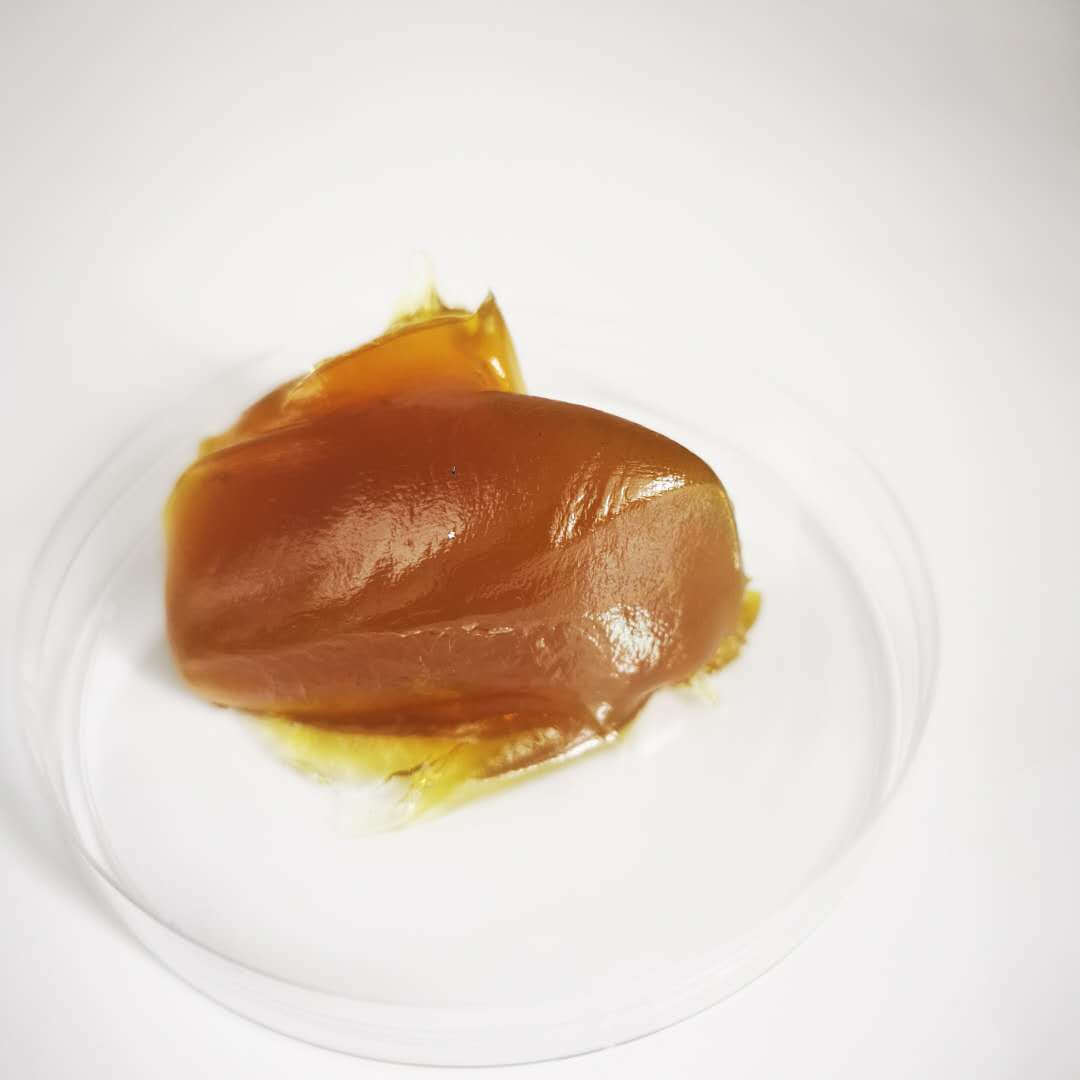Hydraulic Oil Maintenance Tips To Boost Equipment Performance
2025-03-25
Regular Oil Analysis
One of the most effective ways to maintain hydraulic oil is through regular oil analysis. This process involves testing the oil for contaminants, viscosity, and chemical composition. By identifying potential issues early, you can take corrective actions before they escalate into major problems.
Oil analysis also helps in determining the optimal oil change intervals, preventing unnecessary replacements and reducing downtime. Implementing a routine analysis schedule ensures that your hydraulic system operates at peak performance while minimizing wear and tear.
Proper Filtration
Contaminants like dirt, metal particles, and water can severely damage hydraulic systems. Using high-quality filters is crucial to keep the oil clean and free from harmful particles. Regularly inspect and replace filters to ensure they are functioning effectively.
Additionally, consider installing offline filtration systems to continuously clean the oil while the equipment is in operation. This proactive approach significantly reduces the risk of contamination-related failures and maintains the oil's integrity over time.
Monitor Oil Temperature
Excessive heat can degrade hydraulic oil, leading to reduced lubrication and increased oxidation. Monitoring and controlling oil temperature is essential to maintain its properties and prevent thermal breakdown.
Use cooling systems or heat exchangers to regulate oil temperature, especially in high-pressure or high-load applications. Keeping the oil within the recommended temperature range ensures consistent performance and prolongs the life of both the oil and the equipment.
Prevent Water Contamination
Water is one of the most common contaminants in hydraulic systems, causing corrosion and reducing oil effectiveness. Regularly check for signs of water contamination, such as milky oil or rust formation.
Implement measures like breather caps and desiccant breathers to prevent moisture ingress. If water is detected, use oil purification systems or schedule an oil change to eliminate the contamination and protect your equipment.
Use the Right Oil Grade
Selecting the correct hydraulic oil grade is vital for optimal system performance. Always refer to the equipment manufacturer's specifications to choose the right viscosity and additive package.
Using the wrong oil grade can lead to poor lubrication, increased friction, and accelerated component wear. Regularly review your oil selection to ensure it meets the operational requirements of your hydraulic system.
Train Your Team
Proper maintenance practices require a well-trained team. Educate your staff on the importance of hydraulic oil maintenance and the steps involved in keeping the system clean and efficient.
Provide training on how to perform routine checks, identify potential issues, and take corrective actions. A knowledgeable team can significantly reduce the risk of equipment failure and improve overall productivity.
SUBSCRIBE
INQUIRY



